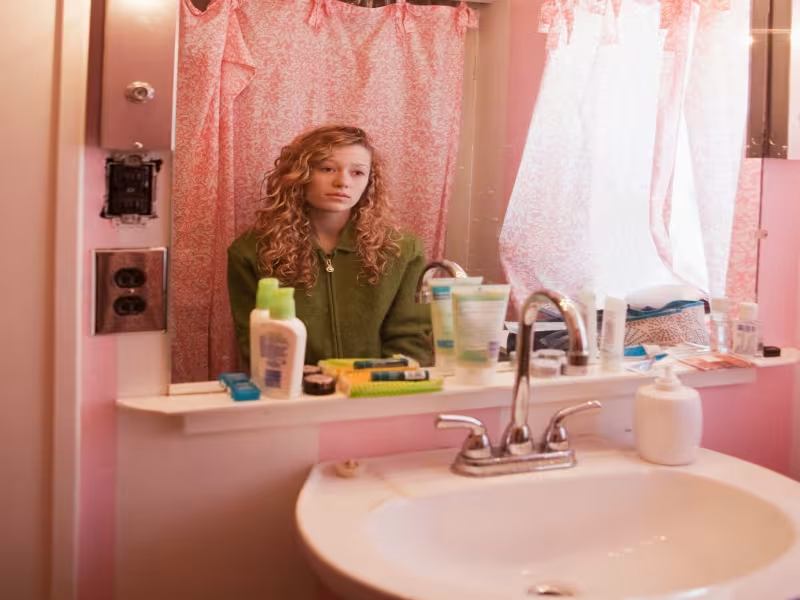
SHERIDAN, WYOMING – May 12, 2025 – As social media continues to shape the way we talk about health, beauty, and identity, the recent ban of popular TikTok creator Liv Schmidt highlights a deeper, growing concern: the resurgence of explicit diet culture and its impact on everyday users.
Schmidt, who amassed more than 650,000 followers, was removed from TikTok after a Wall Street Journal profile exposed her controversial content promoting thinness at all costs. Her content, largely focused on how to be and stay skinny, stirred debates about what’s deemed healthy and what crosses the line into harmful. While Schmidt insists, “I’ll forever die on this hill that I’m promoting healthy and that it’s ok to want to look a certain aesthetic,” the platform’s Community Guidelines say otherwise—explicitly prohibiting the promotion of disordered eating and dangerous weight loss behavior.
When Thin Becomes the Trend Again
Schmidt’s story isn't an isolated case—it’s part of a broader shift happening across social platforms. As drugs like Ozempic and Wegovy gain popularity for their weight loss effects, the cultural conversation around thinness is being rebranded, but not reformed.
A 2022 study found that TikTok videos under hashtags like #bodypositivity and #mealprep still often pushed the narrative that thin equals healthy. This creates a dangerous mix of misinformation and unrealistic beauty standards, especially for younger users.
“Weight is presented as an easily solvable problem,” the study warns, “reinforcing the belief that weight directly reflects health and self-worth.”
Social Media’s Role in Reinforcing Harmful Norms
From lifestyle influencers to medical discussions, TikTok and Instagram have become modern-day diet books—only now, they're on autoplay. Teen Vogue reports that platforms like TikTok have taken action by:
- Removing harmful weight loss content
- Making such posts ineligible for the algorithm’s “For You Page”
- Restricting teen access to weight management videos
- Providing eating disorder resource guides
Still, content continues to slip through the cracks. Schmidt’s case only gained widespread attention after major media coverage, not platform moderation.
As Emmeline Clein, author of Dead Weight, told The New York Times, “When we make Liv the villain of the story rather than Instagram or TikTok, all that does is bully a woman, while making space for the next one.”
Why This Matters to Everyday Consumers
This isn’t just about influencers—this is about how regular people are influenced. Everyday users log in for wellness tips and leave with toxic comparisons. What began as “clean eating” has evolved into subtle (and sometimes not-so-subtle) messages that thinness is the ultimate goal.
For parents, educators, and individuals alike, this matters because:
- Disordered eating is on the rise, especially among teens.
- Mental health struggles linked to body image are more common than ever.
- Algorithms feed what they think we want, not what we need.
And with the return of unapologetically thin-focused content, the risk is real.
Navigating Toward a Healthier Digital World
It's time to redefine health beyond appearance. That means supporting platforms in creating safe spaces and holding influencers accountable without turning them into scapegoats.
If you or someone you love is struggling, the NEDA helpline is available at 1-800-931-2237 for confidential support and guidance.
Social media will always evolve—but as users, we have a role to play in demanding better, healthier narratives that serve our well-being, not just our waistlines.
Learn more at https://www.nationaleatingdisorders.org